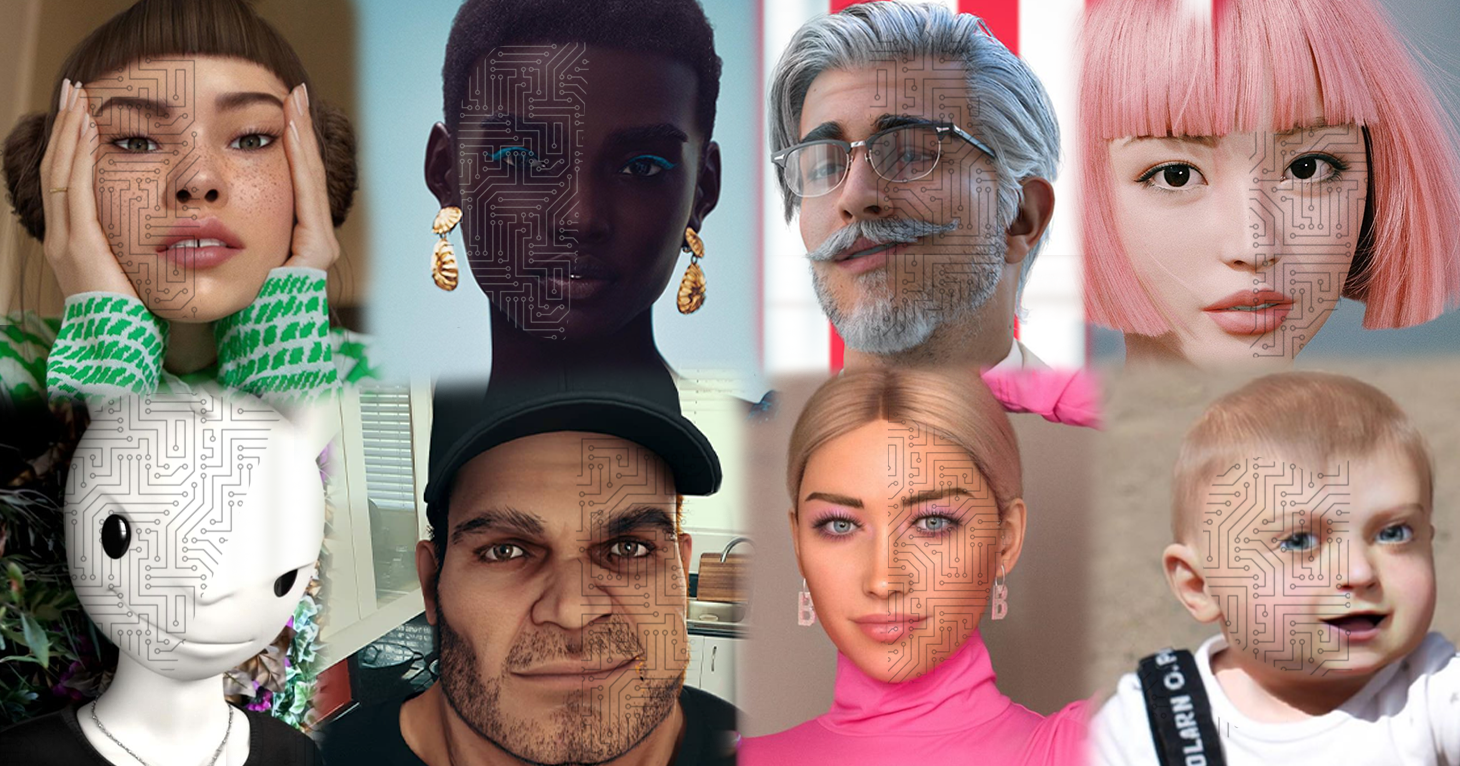
Coronavirus Spawns Class-Action Lawsuits as Consumers Seek Refunds
The pandemic has also triggered lawsuits over privacy issues with some video conferencing apps, and more.
Consumers never received costly machines advertised as helping them obtain the virtual currency.
A federal court has temporarily shut down a company that failed to deliver products that it said would help enable the successful mining of bitcoins, which is a form of virtual currency that can be used as payment for goods and services obtained online.
The FTC, in its first bitcoin case, alleges that Kansas City-based BF Labs, also called Butterfly Labs, bilked consumers out of at least $20 million and potentially up to $50 million by charging them thousands of dollars for computers it either never delivered or shipped so late after the orders that the machines had become obsolete.
Bitcoins can only be generated by mining, a process in which consumers are awarded bitcoins by racing to solve puzzles with their computers. But as bitcoins have become more popular and more miners have joined the network, it has become increasingly difficult for miners to make a profit, the FTC said.
RELATED: Class-action Lawsuit against CoinTerra’s Bitcoin Mining Machine
Butterfly Labs offered a solution, by selling machines and services — costing between $149 and up to about $30,000 — that the company said would help consumers solve the puzzles quickly to obtain the bitcoins. However, more than 20,000 consumers who paid upfront for a mining machine that the company said would be ready for delivery by October 2012 never received them almost a year later. And those that were delivered were defective, obsolete or mining fewer bitcoins than the machines could have if delivered sooner, the FTC alleged.
“We often see that when a new and little-understood opportunity like Bitcoin presents itself, scammers will find ways to capitalize on the public’s excitement and interest,” said Jessica Rich, director of the FTC’s Bureau of Consumer Protection.
More information about bitcoins can be found here.
The pandemic has also triggered lawsuits over privacy issues with some video conferencing apps, and more.
Why the FTC should consider virtual influencers as it reviews its Endorsement Guides.
Odds are you being good at trivia is not enough if you want to pay off your student loan debt with this app.


